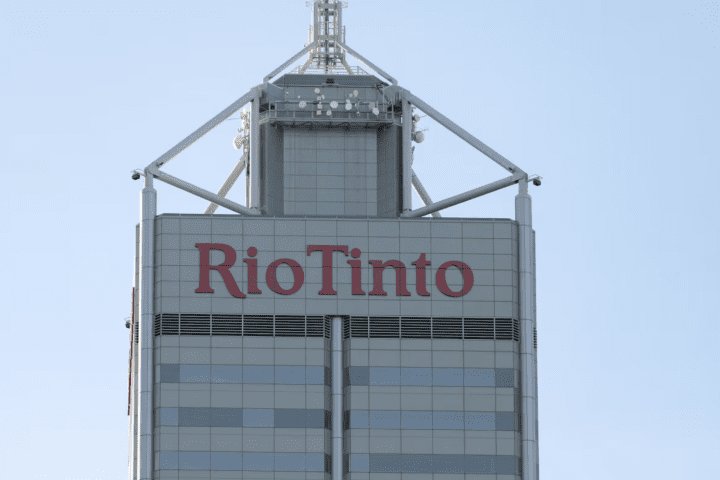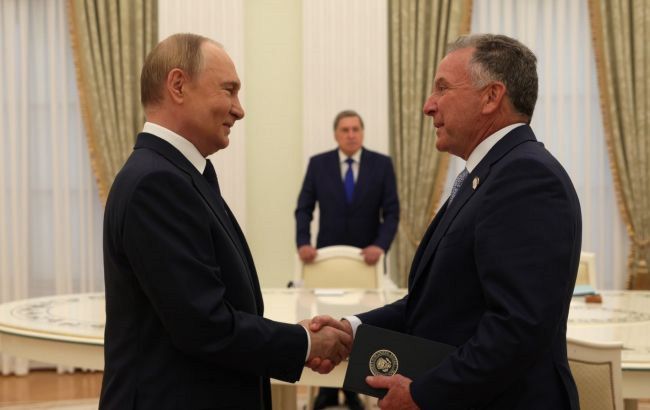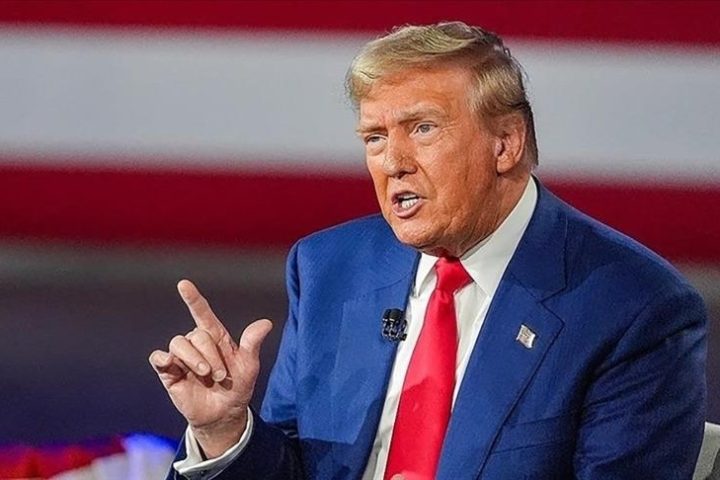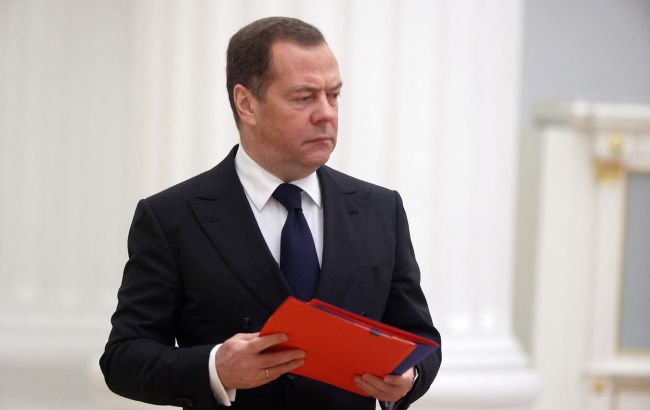Seoul has expressed displeasure over Hyundai’s plans to invest $26 billion in the U.S., which the government says weakens Korea’s position in tariff talks with the Trump administration.
Seoul slams Hyundai for billions in U.S. investment amid tariff talks
South Korea’s Industry Minister Kim Jong-kwan told parliament that the government had expressed concern over Hyundai’s announcement of a massive increase in U.S. investment at a time when Seoul is engaged in delicate trade talks with Washington.
“We have told Hyundai that this behavior is deeply regrettable, especially given our efforts to support the auto industry,” the minister said.
He said the company now “fully understands the public sentiment” in Korea. Hyundai has not yet commented on the government’s statement.
US pressure and scandal at Georgia plant
The dispute flared up after Hyundai announced a 32% increase in investment plans to $11.6 billion, just two weeks after a US immigration raid on a battery manufacturing plant in Georgia.
Hundreds of workers were detained in the raid, causing shock in Seoul. South Korea is a key US ally and a major investor in the country, and the incident has caused political tension.
Tariff dilemma and strategic risks
Independent lawmaker Kim Jong-min criticized Hyundai for “trying to please the Trump administration,” thereby weakening Korea’s position in the tariff talks.
“Aren’t the talks between Korea and the US primarily about Hyundai? Its reaction is not helping matters,” the lawmaker said.
Washington is now demanding a cut of $350 billion in Korean investment linked to tariff negotiations on cars, South Korea’s key export sector.
Billion-dollar promises and political context
In March, parent company Hyundai Group announced $21 billion in investment in the United States during a meeting with Donald Trump at the White House.
The US president then announced a 25% tariff on imported cars, forcing Seoul to seek a compromise.
After Trump met with President Lee Jae-myeon in August, Hyundai increased the plan to $26 billion.
Two weeks after the raid, Hyundai Co-CEO Jose Muñoz said the company plans to produce more than 80% of its cars for the US market domestically by 2030, expanding capacity at its Georgia plant.












